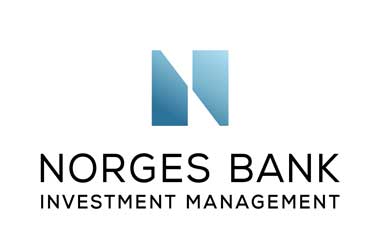 The Ontario Securities Commission (OSC) promises to be a lot stricter with its monitoring activities after the recent mess involving the Royal Bank of Canada (RBC) and the Toronto-Dominion Bank (TD).
The Ontario Securities Commission (OSC) promises to be a lot stricter with its monitoring activities after the recent mess involving the Royal Bank of Canada (RBC) and the Toronto-Dominion Bank (TD).
The two banks were forced to settle after they were charged for not properly supervising foreign-exchange traders for a period of three years. RBC was forced to pay $13.55 million in fines while TD will have to pay out a $9.3 million settlement.
The OSC went after these two banks in what is seen as the first major action by the Canadian regulator against forex traders. According to reports, employees from both banks used electronic chat rooms to share confidential information to forex traders.
This happened between 2011 and 2013 and traders from both banks are said to have had a profit motive.
In a statement, the OSC wrote
While the use of such communication tools is not in itself inappropriate, the frequent and significant flow of information between traders at different firms increased the potential risk of traders engaging in improper activity, including, amongst other things, the sharing of confidential customer information.
Considering that both RBC and TD are two of the biggest and most sophisticated financial institutions in the country, they should have had supervisory controls in place to have stopped this from happening. The OSC did point out that it was not accusing the two banks of market manipulation so in that regard their reputation is not compromised.
The settlements are not just in cash. The OSC requires the two banks to perform internal audits. By the end of the audit, they should comply with the FX Global Code which is a set of best practices for forex trading set down by central banks all over the world. The deadline for full compliance is December 2020, which is when both banks have to turn over the results to the OSC.
OSC Reduces Fines Due To Cooperation
The fines placed on the two banks were based on their revenue. The RBC fine is equal to ten percent of the earning in the three years, plus a million for each year. The TD also had the same calculations applied to it. The fines are lower than what they should be.
The OSC acknowledged that both banks were very cooperative in their investigation which is why the Ontario regulator gave TD a 30 percent reduction in its penalty thanks to its excellent collaboration. RBC was also given a reduction of 12 percent despite not earning a special mention from the OSC.
The financial regulator will keep a close watch on all financial institutions involved in trading activities to ensure better compliance.

 United States
United States United Kingdom
United Kingdom















